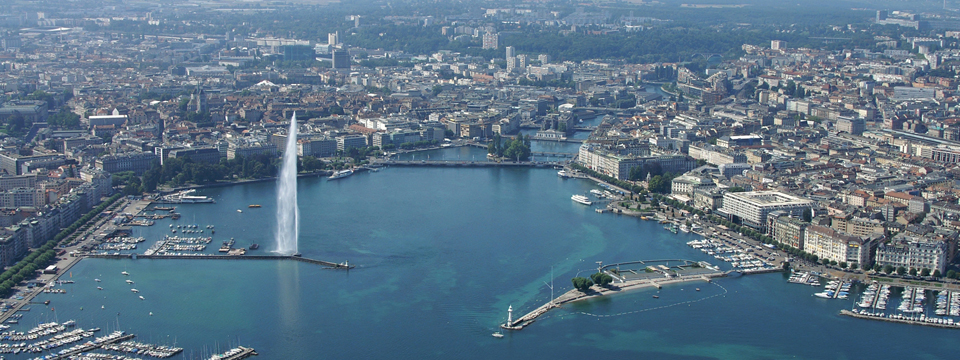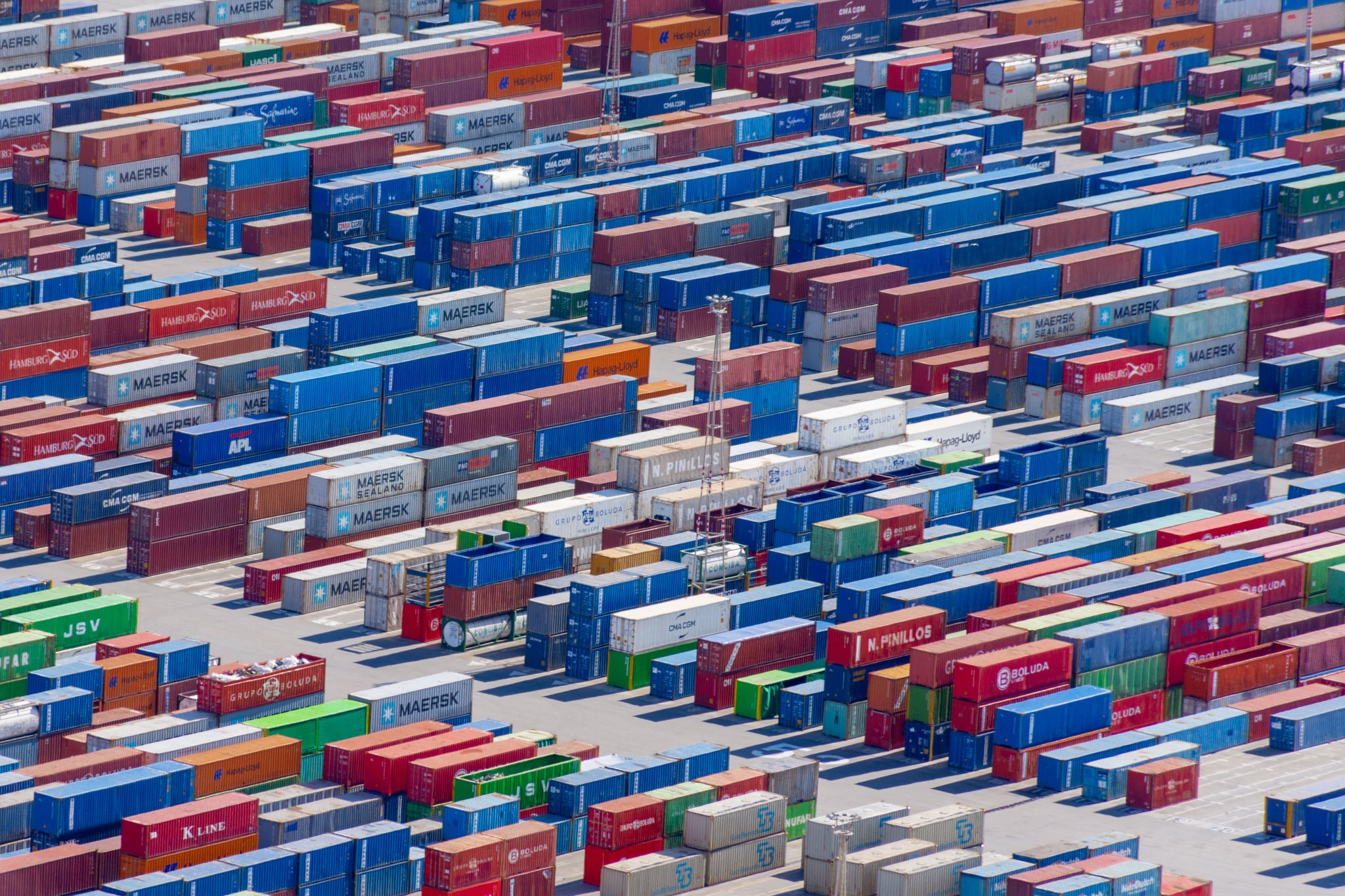If you are an undergraduate or graduate student interested in a master in commodity trading, the University of Geneva offers the best available program for you.
The Master in Commodity Trading in Geneva
Officially named Master of Science in Commodity Trading, completing this program is one of the best ways to become a commodity trader.
The master is a part-time program based in Geneva, Switzerland, simultaneously taken with a traineeship.
Preparing You For The Trading World
This master is probably the best degree for commodity trading right now.
This master in commodity trading has been developed in association with the Swiss Trading and Shipping Association (STSA) and companies such as Gunvor, or Sucafina.
This means, you’ll be in Switzerland doing a traineeship in the commodity trading and shipping industry while studying.
Believe me, there is no better way to land a job in a commodities firm.
Let’s have a look at what to expect from this master in commodities trading:

Program characteristics:
- Master in Commodity Trading program starts in September on a yearly basis
- The program lasts 18 months plus mini thesis
- There are 2 semesters and 8 modules per semester. Each module lasts a total of 24 h of class. Find the schedules here.
- 120ECTS (72ECTS lectures, 30ECTS for the traineeship report, 18ECTS for the thesis)
- Lectures, case studies, and field research (thesis)
- Classes take place at Uni Mail in Geneva
- Class size is 30 students (very selective, applicants to admitted students is about 5-1)
- Students must secure an industry-related position
- Program content has three content foci
- Components of Trading;
- Commodity Hedging and Price Risk; and
- Commodity Finance and Financial Risk Management
- Tuition fees are 500CHF per semester
- Employers will pay for the full cost of the program to the university
- Employers will additionally pay a salary to the student
- Core Courses
- Commodity Price Mechanisms
- Energy I (Oil & Gas)
- Energy II (Renewable)
- Financial Statements Analysis
- Hedging Tools & Techniques
- Information Technologies and Innovations
- International Economics and Trade
- Legal Aspects & Regulations
- Metals, Ores & Minerals
- Options
- Quantitative Methods
- Shipping
- Soft Commodities
- Sustainable Management and Policy
- Trade Finance Banking Instruments
- Types of Financing for Commodity Companies

Application stages:
- Stage 1: Application
- You should submit your application from 15 January to 28 February at the latest.
- You should submit your application from 15 January to 28 February at the latest.
- Stage 2: Student selection
- The admission committee will review the applications by May
- Selected students will be pre-admitted and send an official mail to proceed to the next decisive round
- Stage 3: Part-time Traineeship
- Students need to secure a traineeship at one of the firms collaborating in the process by approximately July or August.
- The University of Geneva helps candidates link with employers
- Students who have been pre-admitted to the program and offered a traineeship position will be able to start.
- Stage 4: Classes
- In September classes start for admitted students
Next, let’s have a look into what it takes to get an offer.
Basic application requisites:
- Be a last-year undergraduate bachelor student (or graduate with less than 3 years of work experience)
- Take the GMAT with a satisfactory score (minimum score >500)
- Once pre-admitted, you’ll have to secure a traineeship at one of the commodity trading firms. The university will support you with the job hunt, yet only about 20% of pre-admitted candidates find a traineeship and hence secure a final master offer.
- Good level of English (as supported by the GMAT result)
- Two recommendation letters
- CV (see our tips here)
- Motivation Letter (see our tips for cover letters here)
- Fill in the online application form
- Copies of your certificates
- Send physical copy per post with all required application materials
Remember to double-check the actual requirements as posted on the official website.
You can find the official brochure here.
Career prospects
At many of the top trading firms in Switzerland, this program is a target program for fresh graduates.
This means that a graduate degree in Commodity Trading from the University of Geneva may be one of the easiest ways to land a commodity trading job.
In addition to all local commodity traders like ADM, Mercuria, TOTSA, etc, there are plenty of other import and export companies and supply traders.
Alternatively, you might want to read our post on how to land a trading job in Switzerland.
Are you going to apply to the Master in Commodity Trading? Good luck!







